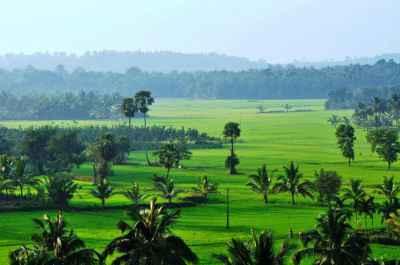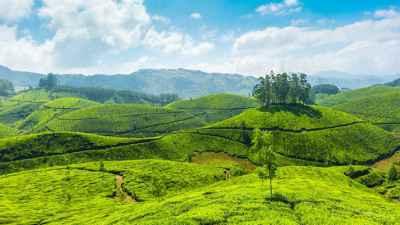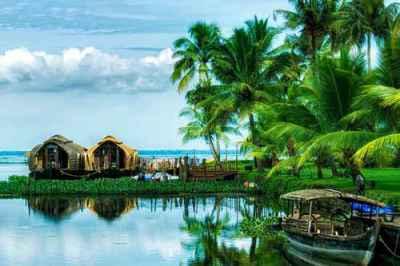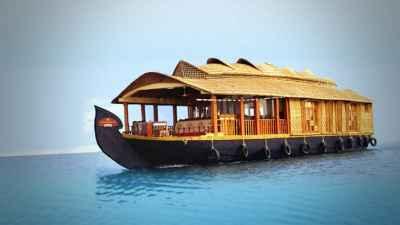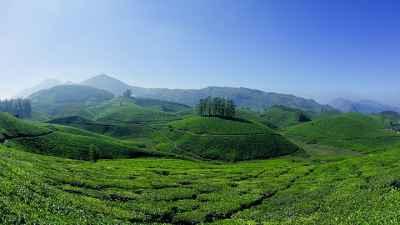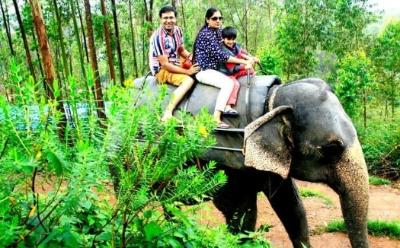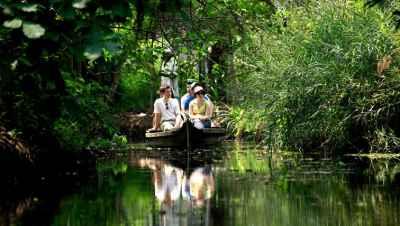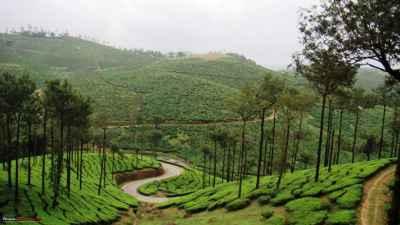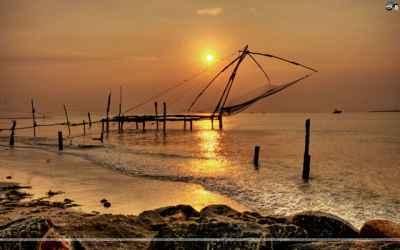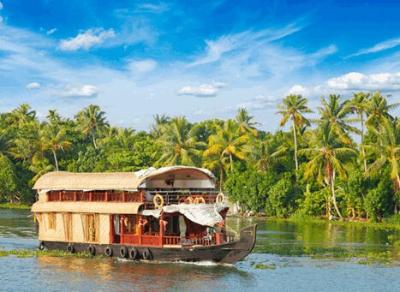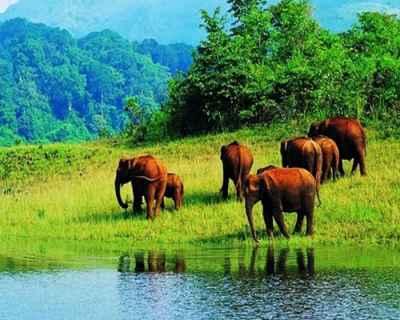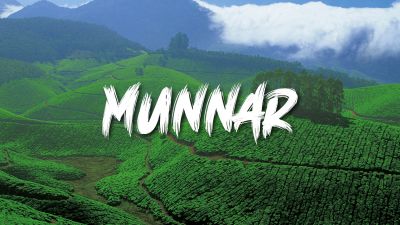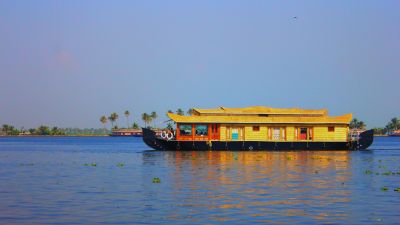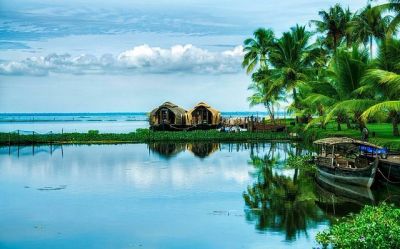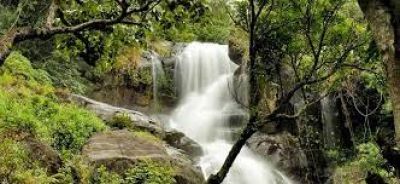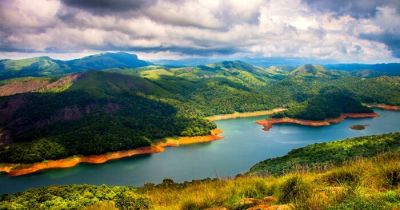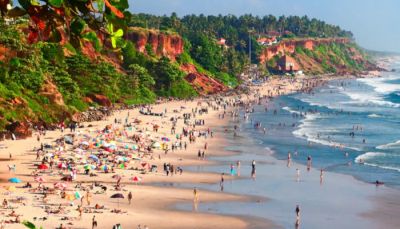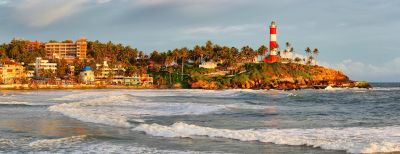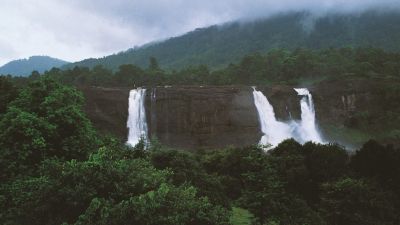Kerala’s Tribal Heritage: A Dive into Indigenous Culture
The state of Kerala in India is known for its stunning natural beauty, serene backwaters, and rich cultural heritage. But apart from these highlights, Kerala is also home to a fascinating tribal heritage. The state is home to several indigenous tribes, each with their own unique culture, traditions, and way of life. In this blog post, we will delve into Kerala’s tribal heritage and explore the indigenous culture that has been preserved for centuries.
Introduction to Kerala's Tribes
Kerala is home to over 30 tribal communities, with a population of around 5,00,000. Each tribe has its own distinct language, customs, and rituals. The tribes are spread across various districts of Kerala, with some residing in the hilly regions of Wayanad and Idukki, while others are found in the coastal areas of Kollam and Thrissur.
One of the most prominent tribes in Kerala is the Irular tribe. They are primarily found in the districts of Thrissur, Palakkad, and Malappuram. The Irular tribe is known for their expertise in pottery making and also for their agricultural practices. Another significant tribe is the Kadar tribe, who reside in the forests of Wayanad. The Kadar tribe is skilled in hunting, gathering, and making handicrafts.
Tribal festivals and rituals
The tribal communities of Kerala celebrate various festivals throughout the year. These festivals are an integral part of their culture and are handed down from generation to generation. One such festival is the "Attukal Pongala" festival, celebrated by the Attukal tribe. It is one of the largest gatherings of women in the world and is a unique experience for visitors.
The tribal societies also have rituals and ceremonies that are performed to mark important milestones in their lives. For example, the "Kali Pooja" and "Theyyam" are rituals performed by the Malayaraya tribe to seek blessings for a good harvest and protection from evil spirits. These rituals are colorful and vibrant, with participants donning elaborate costumes and masks.
Traditional lifestyle and occupations
The tribal communities of Kerala lead a traditional way of life, deeply connected to nature and their surroundings. Most of them live in small settlements or hamlets, often located close to forests or hills. They rely on agriculture, hunting, gathering, and fishing for their livelihoods.
The tribal communities have a vast knowledge of herbal medicine and traditional healing practices. They use various plants and herbs found in the forests to treat common ailments. The knowledge of these medicinal plants has been passed down through generations, and the tribespeople are considered the custodians of this indigenous knowledge.
One of the occupations that the tribal communities of Kerala are known for is the production of handicrafts. They create beautiful handwoven baskets, mats, and pottery, which are not only functional but also reflect their artistic skills and cultural heritage.
Preservation of Tribal Culture
Kerala has taken several initiatives to preserve and promote the tribal heritage of the state. The government has set up tribal museums and cultural centers where visitors can learn about the history, traditions, and art forms of the tribes. These museums also showcase the tools, artifacts, and traditional costumes used by tribal communities.
There are also organized tribal village visits and eco-tourism initiatives that allow tourists to interact with the tribespeople, learn about their way of life, and participate in their cultural activities. These initiatives provide an opportunity for visitors to have a deeper understanding of Kerala's tribal heritage while also supporting the local communities.
Conclusion
Kerala’s tribal heritage is a valuable asset that showcases the rich diversity and cultural wealth of the state. The tribes of Kerala have managed to retain their unique customs, traditions, and way of life despite the rapid modernization happening around them. Exploring and experiencing the indigenous culture of Kerala's tribes is not only an enriching experience for travelers but also contributes to the preservation and promotion of these communities. So, if you ever visit Kerala, make sure to take a dive into the tribal heritage of the state and witness the beauty of their indigenous culture.
Do you find Kerala's tribal heritage fascinating? Share this blog post with your friends and family to spread the word about the rich cultural heritage of Kerala's tribes!
Disclaimer : The information provided in this blog is for general informational purposes only. While we strive to keep the content accurate and updated, TravelSetu assumes no liability for errors or omissions. If you believe any part of this blog infringes your rights or causes concern, please notify us immediately at info[at]travelsetu[dot]com so that appropriate action can be taken.
